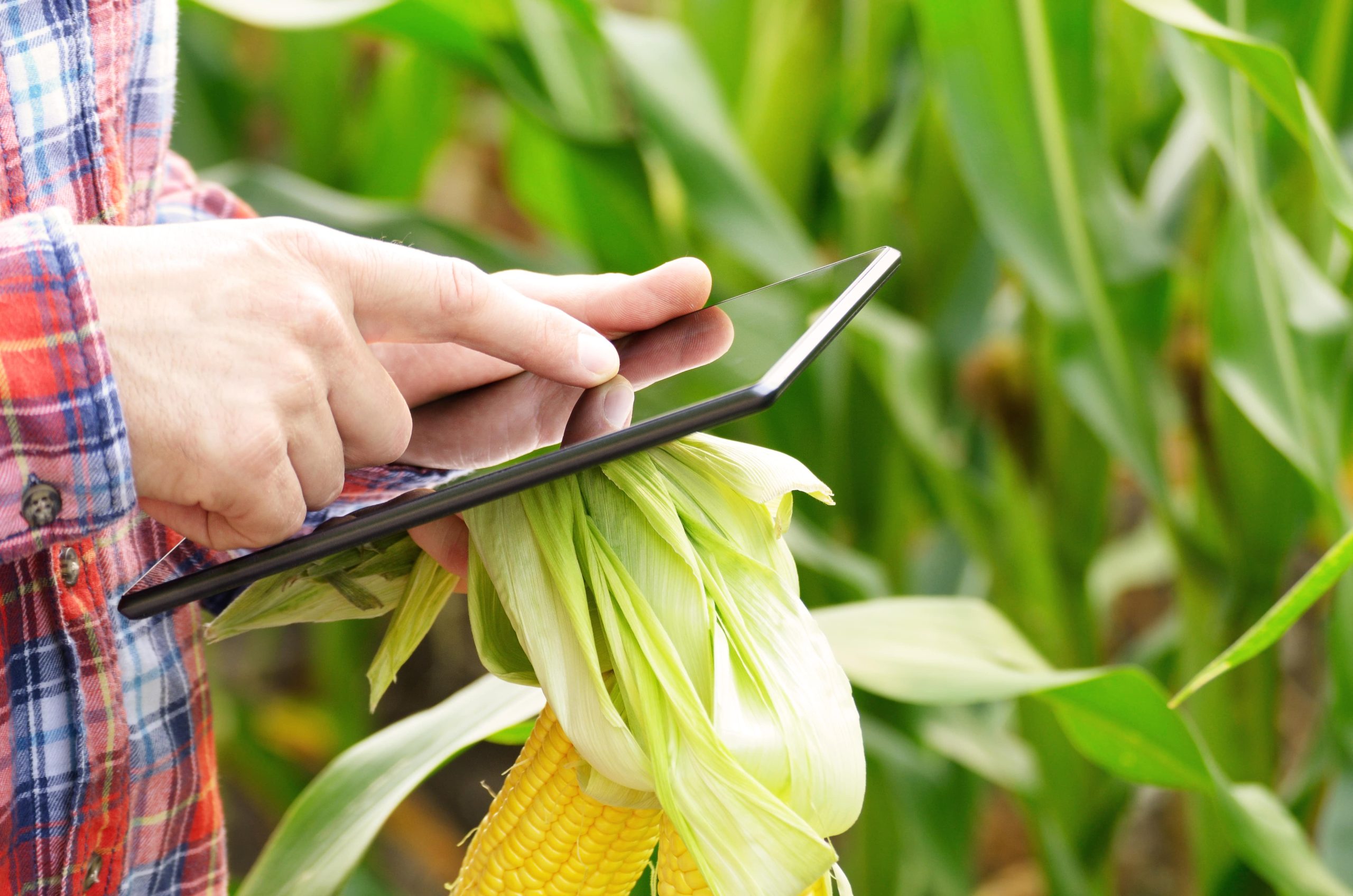MODERN TECHNOLOGIES AND TRADITIONAL PARADIGMS
How current paradigms will change as a result of on automation, robotization, artificial intelligence, data analysis in greenhouses. This series of articles will cover all the steps how traditional greenhouse operators can change to become modern and innovative actor of this competing market.

Current situation and vision
As many other industries, the greenhouse industry is facing huge problems such as higher wages, the shortage of labor, changing workforce habits, profit expectations, need of higher productivity, increasing competition.
Technology companies were the first who tried to tackle the new challenges with flexible working conditions, agile working methods, better software products, and digitalization.
The greenhouse industry is special, because most of the activities require personal attendance, and the mentioned modern workforce management patterns cannot be applied.
If we are looking at production companies like car factories, it is possible to see similar patterns to greenhouses such as personal attendance, repetitive workflows, time pressure, etc. These factories are first in solving the above-mentioned problems with digitization, robotization, workflow and logistical optimization.
Regarding the workforce in many industries knowledge and abilities are changing and part of the work force are not trained mechanics any more rather managers who understand the ecosystem of the production plant, and are able to manage this ecosystem containing IoT devices, robots, ERP systems, production management systems, etc. The regular daily work is based on data analysis, decision-making is based on collected data, and fast activity in order to keep the production on track.
The decision-making process is a very demanding and responsible job. Based on data analysis it is becoming more and more effective yet remaining a highly proactive activity.
What does this mean?
Acting before something happens is what affects productivity.
In the near future (the next couple of years), these innovations will infiltrate to the greenhouse industry, because currently most of the plants are operating as they did 40 years ago and the requirements can only be met by using new technologies, and by adapting a proactive approach instead of a reactive one.
Data is the King
All the innovative decision-making solutions are based on data collection, data management and data analysis. Imagine that Bosch is able to radically decrease the downtime of his machines by introducing a predictive maintenance solution. Meaning they collect data from the machines on heat, speed, noise they are producing, etc. Based on these data they are able to figure out which part of the machine will probably go wrong and will affect the production.

Regarding greenhouse management this kind of operation can help proactively manage all the conditions in the plant like irrigation, humidity, light conditions, growth of biomass, etc.
If we collect enough data from the greenhouse, after a couple of months we will be able to see the patterns of greenhouse conditions and the consequences of our activity.
So, we can make the necessary decisions and activities based on data, this is the “predictive maintenance” in the greenhouse.
WE WILL CONTINUE…
PLEASE REGISTER, SO WE WILL BE ABLE TO SEND YOU NOTIFICATION ABOUT NEXT PART
